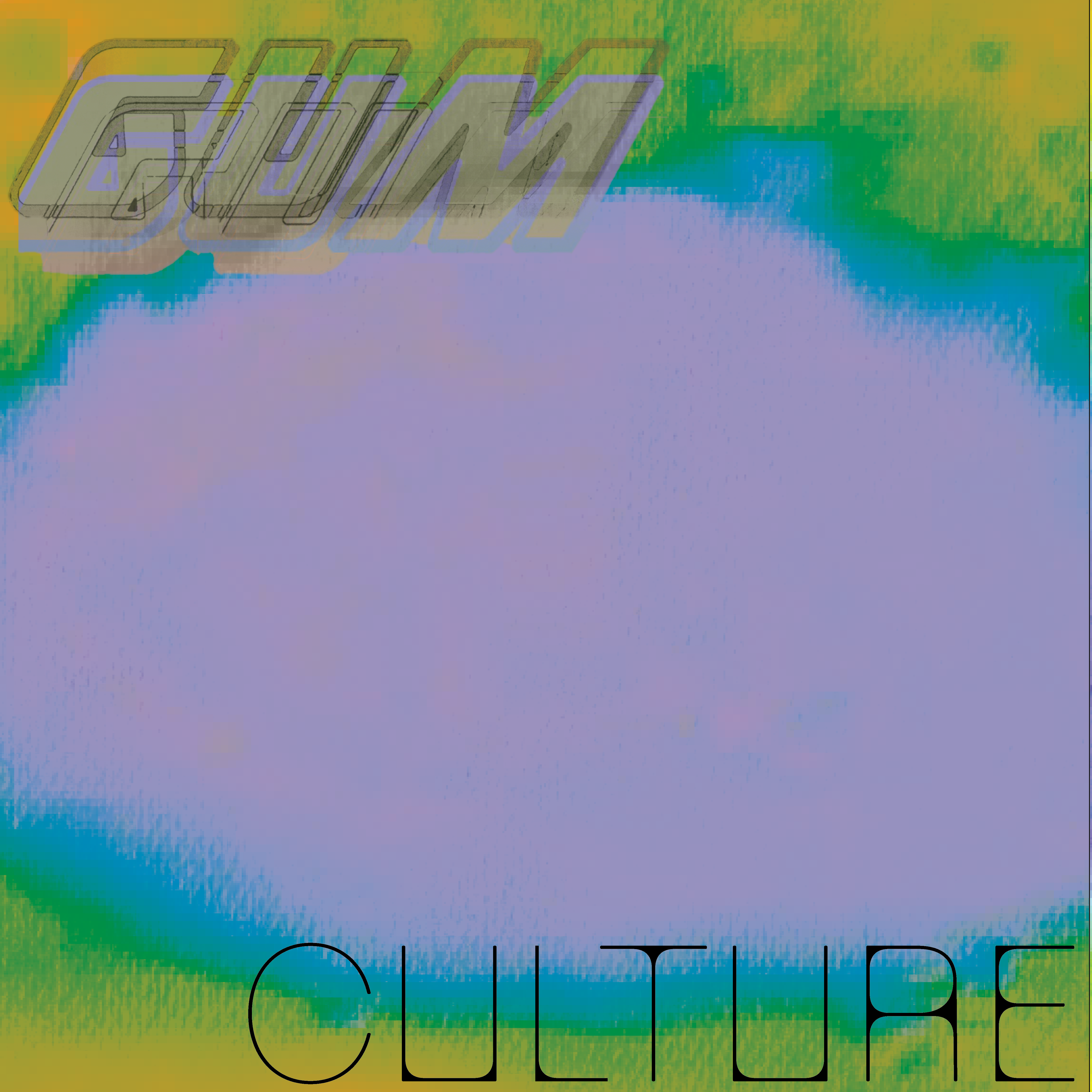Clare Louise Roberts (she/her)
@LittleStringsMusic
Harvest time is when you reap what you sow: it’s the time to celebrate what you have produced based on your earlier efforts. It feels bizarre to start my journey as a student during the gleaning season of autumn.
Hand in hand, my partner and I walk through burnt-coloured leaves on wet grass. Nearby, ripe apples dangle off their branches. As I drink my annual pumpkin spice latte in a floral dress and red lipstick (yes, I’m a Swiftie), I tease him that he couldn’t have found a more basic white girl if he’d tried. At the beginning of this season, we gather with friends to celebrate Chuseok together.
To help Westerners like myself understand, it is referred to as “Korean Thanksgiving.” However, this undermines the 2000 years of tradition and beliefs that have led to the festival that we know today.
Every Autumn, families gather and enjoy each other’s company, hoping for an abundant year ahead. It is also an ancestral memorial ceremony, celebrated by preparing fresh foods as offerings. They are placed into wooden bowls and on plates that are reserved for the occasion.
Our main celebration is going with friends to Namu, a Korean restaurant in Glasgow City Centre. Its online presence is unassuming – two Instagram posts in the last two years – one being the shop front, the other of soup and rice, with steam fogging the camera. Like a well-kept secret, we hurry out of the Scottish rain into a room blazing with people and light.
We sit at a table in our group: a mixture of Korean, German and British people. Our gathered family.
Before meeting my partner, I had a very “British” palette. The sauce for my stir-fry consisted solely of soy sauce because I had no idea that you could add a bit more to it. I’m thankful to my partner for being the main cook in our pairing. As you can imagine, my spice tolerance was embarrassing.
As I write this, I am enjoying homemade bibimbap. It is not special simply because my partner made it for me, but because it contains gochujang (a spicy beef sauce), homemade by Omonim. * A gift so that my partner and I can have a taste of home when we’re thousands of miles away from her.
My partner’s latest visit to South Korea was my first; a particularly special trip because he introduced me to his family before we could get engaged.
Since we can eat bibimbap at home, in Namu I pick japchae. The hot noodles are savoury with a slightly sweet edge. The stir-fried vegetables have a satisfying crunch and there are bountiful amounts of meat. The portion sizes in Namu remind me of how in Korean culture, relationships are typically nourished through sharing food. Enjoying meals together is a main feature of many Korean celebrations, including Chuseok.
The gochujang at home can be kept for a long time. However, the bibimbap that I am eating today is the last portion of what was left from Omonim’s present. I savour every bite.
We feel like we can stay in Namu all night and keep ordering. We collectively agree that the next time we go out for Korean food, we’re going here. I tell my partner that when I’m next in the centre and want a coffee, I’ll go here because I can get a decent-sized coffee and most importantly, a hotteok, for the same price as a pumpkin spice latte.
By the time I finish typing this, I’ve scraped up the last morsels of gochujang. I look at the empty tupperware, a little sad. I’ve also realised that I must try the recipe (though I am not a good cook, just a good eater).
Next year, we’ll go back to have Omonim’s gochujang again. I’ll practise my Korean and get fitted for my wedding hanbok, much to my excitement.
Apparently, the tradition of giving thanks to ancestors is fading in society. My partner tells me that his family’s tradition of ancestral ceremony will die out after his uncle is gone. Even though we won’t carry on this tradition, I am thankful for my maritally inherited ancestors.
My dietary preferences have blended with my partner’s. I eat more meat (as long as he prepares it) and he uses tofu and Quorn alternatives more frequently. My partner is thankful that my spice tolerance is improving and we enjoy all foods together.
All year, we invest time into nurturing our compassion, our minds and our souls. These are our seeds. My partnership and friendships are the grounds upon which I sow. I am looking forward to this year of growing and to see what produce I will reap next year, from the efforts that I have sown.
* Omonim – mother-in-law

